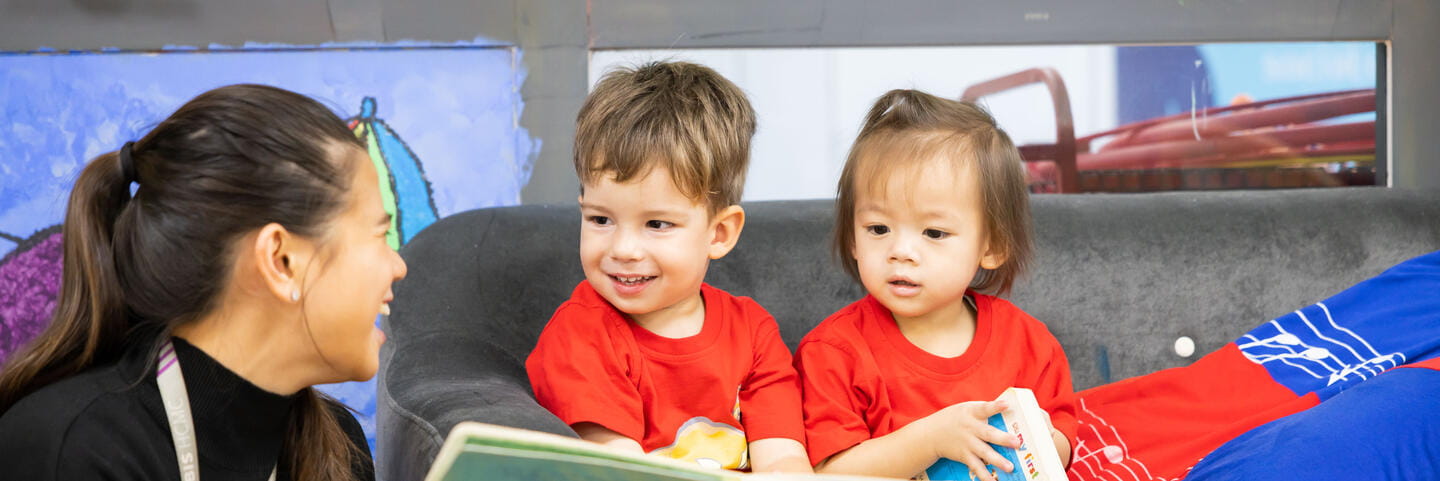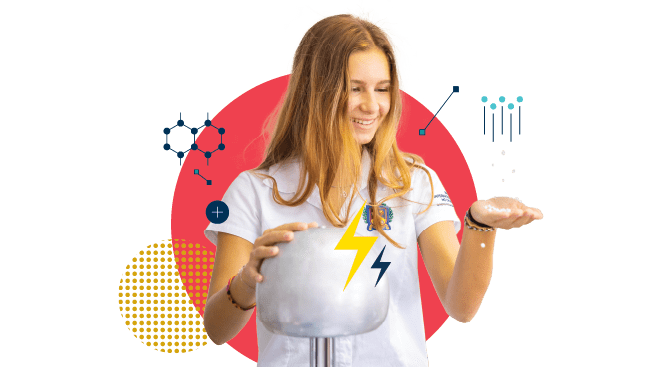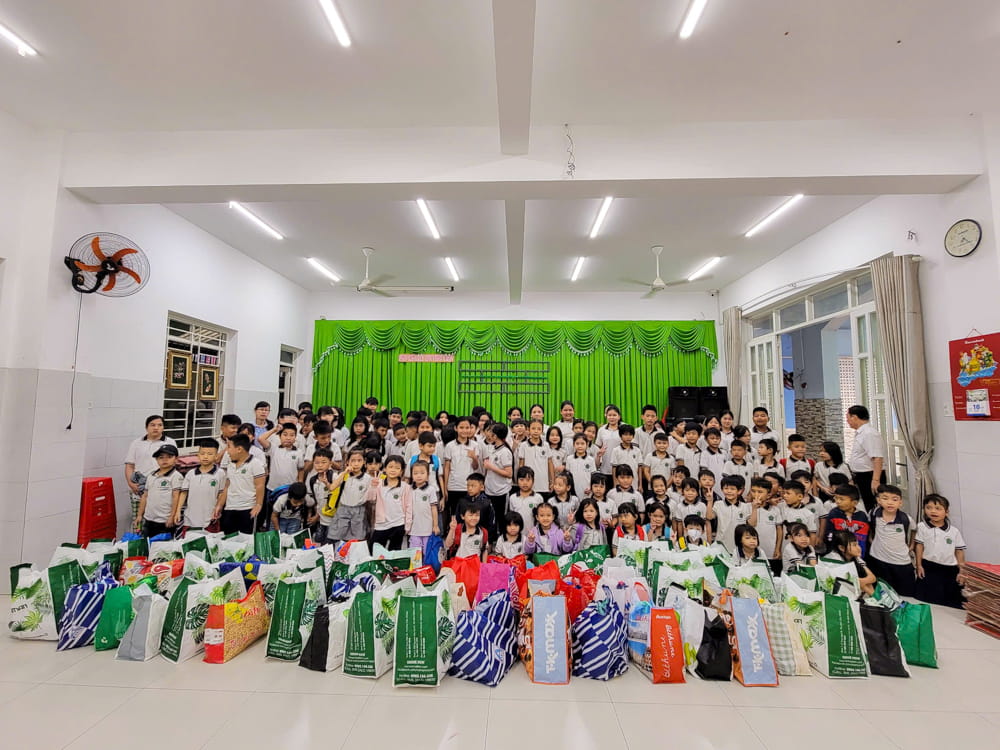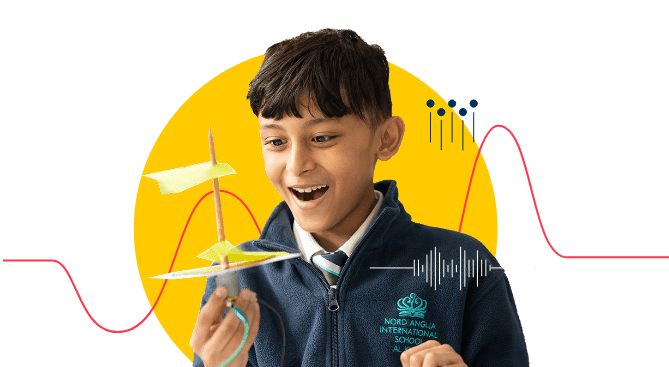We use cookies to improve your online experiences. To learn more and choose your cookies options, please refer to our cookie policy.
Read our weekly updates from each campus
Discover all of the latest events of this week from each Head of Campus.
WEEKLY UPDATES






.jpg?rev=e9ca63bf8e4d449d9a9d3cea9f6158a5&hash=52776BB321C189221CD1C84C3CA217C1)






